Article: THE ICONIC RED LIP

THE ICONIC RED LIP
Unpopular opinion in the midst of a current red-dye controversy…
“The beetle was a marketing strategy."
(I said, what I said.)
AND...THE STRATEGY WORKED.
By now you have seen the viral photo of two red beetles, declaring “BEETLEJUICE, BEETLEJUICE, BEETLEJUICE” (uncanny timing, I might add) which was followed by several dramatized paragraphs of how Red Dye in foods, and cosmetics, when listed as “carmine” is in fact the (and I quote) “thousands of crushed up bugs.”
( I shall spare you the details.)
The entire story leads you to believe that your iconic red lipsticks, glosses, stains, and shades are made from the entire beetle.
That, is not entirely true.
And how, pray tell, can one make an empowered decision with only part of the truth?
You cant.
For years, I found the word “carmine” repulsive, having long heard (and told) the story of carmine as “crushed up bugs.” With the absence of the actual process, our imagination arrives at one conclusion: “Carmine is the blood, sweat, and tears of the entire bug.”
And the solution: “In a state of disgust you shall never again wear a red lip.”
(tosses hair dramatically and exits stage left)
I followed the trail to see where the most reputable source(s) stemmed from and I stumbled upon articles hosted by, and written by, cosmetic companies. The most common being vegan cosmetic lines.
Think…about that for just a moment… the blogs were hosted by, and written by vegan cosmetic companies.
Dramatic, graphic, and rather grotesque words laid out details of carmine's process. And of course, their solution for you: a (and I quote) “bug-gut-free red option.”
Marketing…fascinating, isn't it?
Curious, and on a mission, I scoured through their ingredient list with abandon (which was no small feat, and took several clicks into the depths of their website on what could have rivaled a Lost Ark Adventure series) and alas, there it was, THEIR sources of red:
Lake Dye - Red 40 - Allura Red
Now, it made sense.
CARMINE OR RED 40?
Mes Amies, we have two ways to arrive at a true Red.
And now that I've had my dramatic run-on above, let's explore the science, free from opinion, shall we?
CARMINE VIA VRAI IQ
in truth, intelligence
RED 40 VIA VRAI IQ
in truth, intelligence
WITH EXCEPTIONS INGREDIENT: Coal tar, or petroleum derived (although filtered, and refined for Cosmetic applications under stringent guidelines) Red 40 specifically, is processed via the chemical reaction between two types of sulphonic acids. It has been concluded as the safest of synthetic red dyes. However, studies have concluded that there is potential for serious adverse effects if consumed in large quantity, as Red 40 contains benzidine.
If you are honoring a vegan standard, of course carmine as an ingredient is not for you and so the decision comes from better understanding the concerns around the
VRAI IQ
In truth, intelligence.
We have long come to believe that ingredients, regardless of their creation and or refinement process remain in one particular category.
While I understand not all are ready to cross the bridge from beliefs to truth; I always remain understanding and respectful that we all have agency of discretion.
I will forever remain anchored in beauty, without compromise.
Melissa


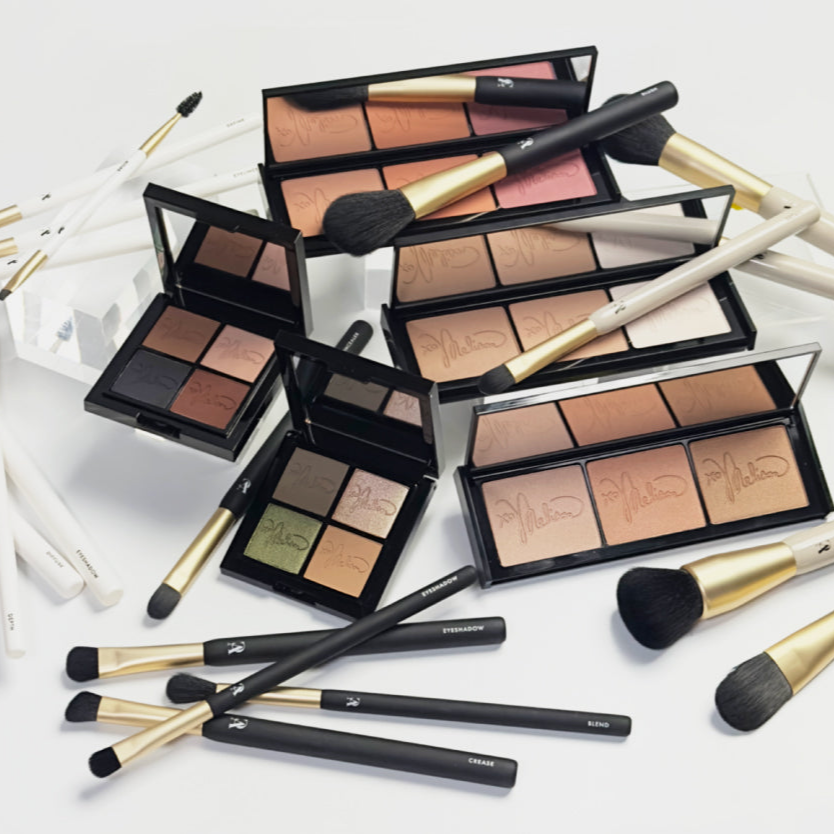
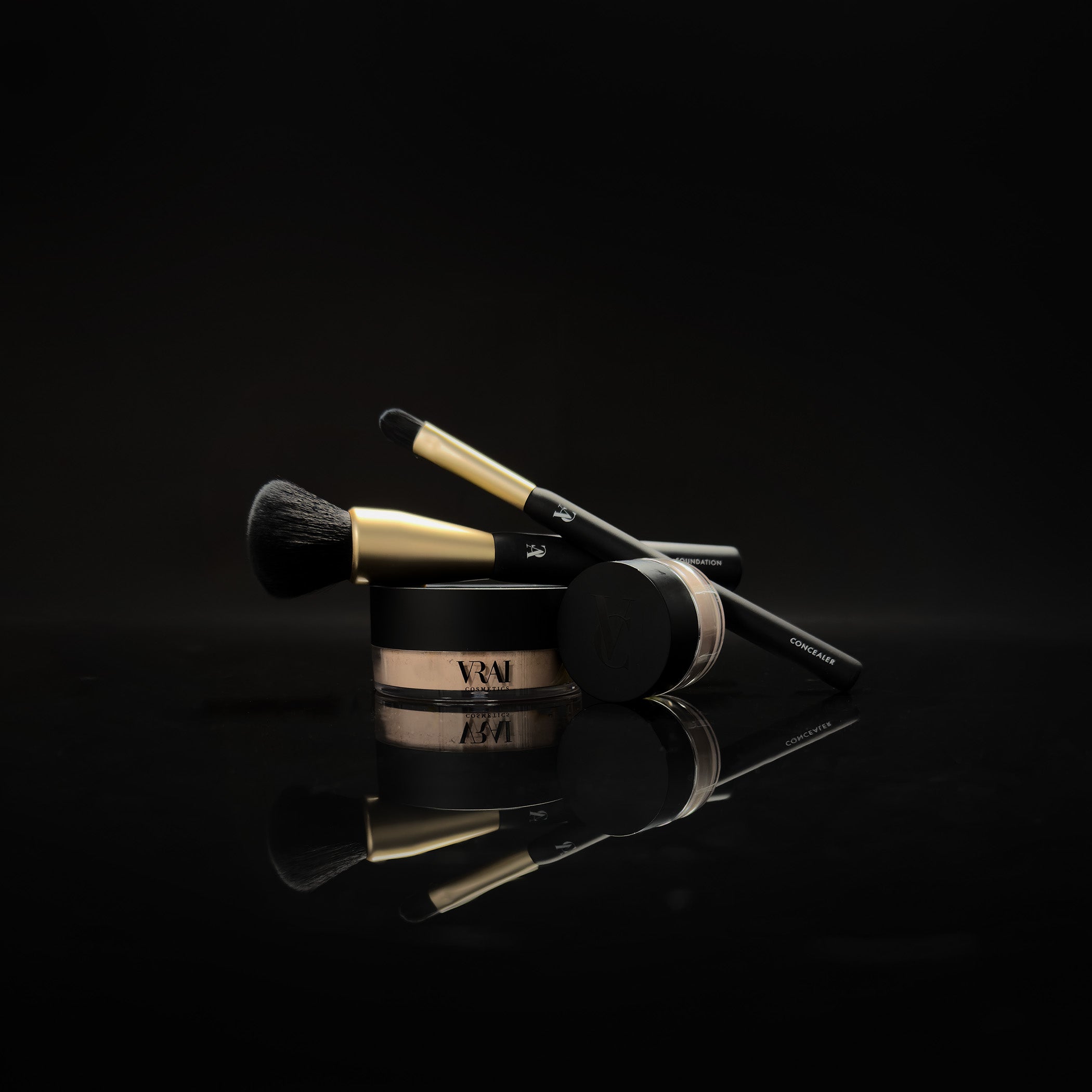

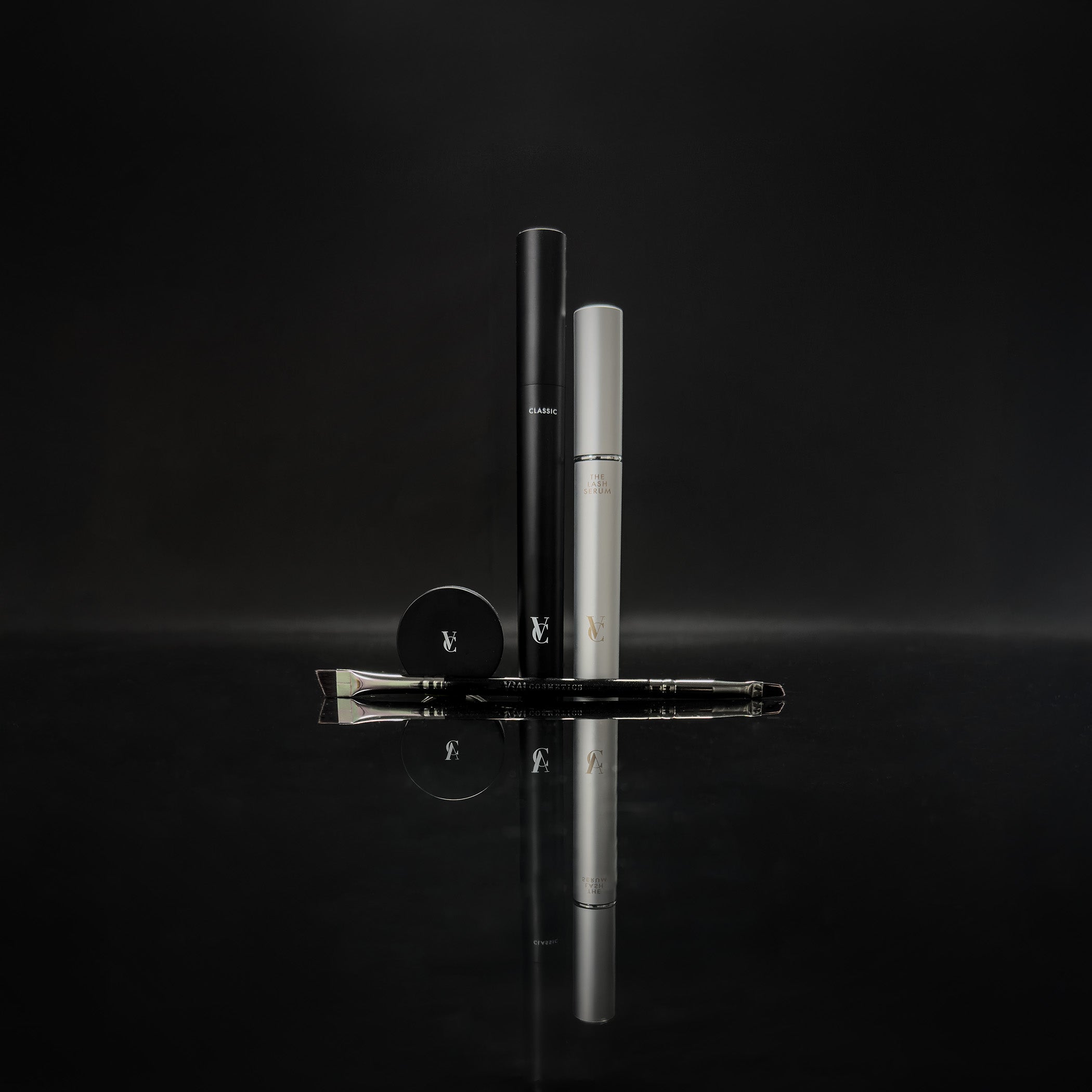
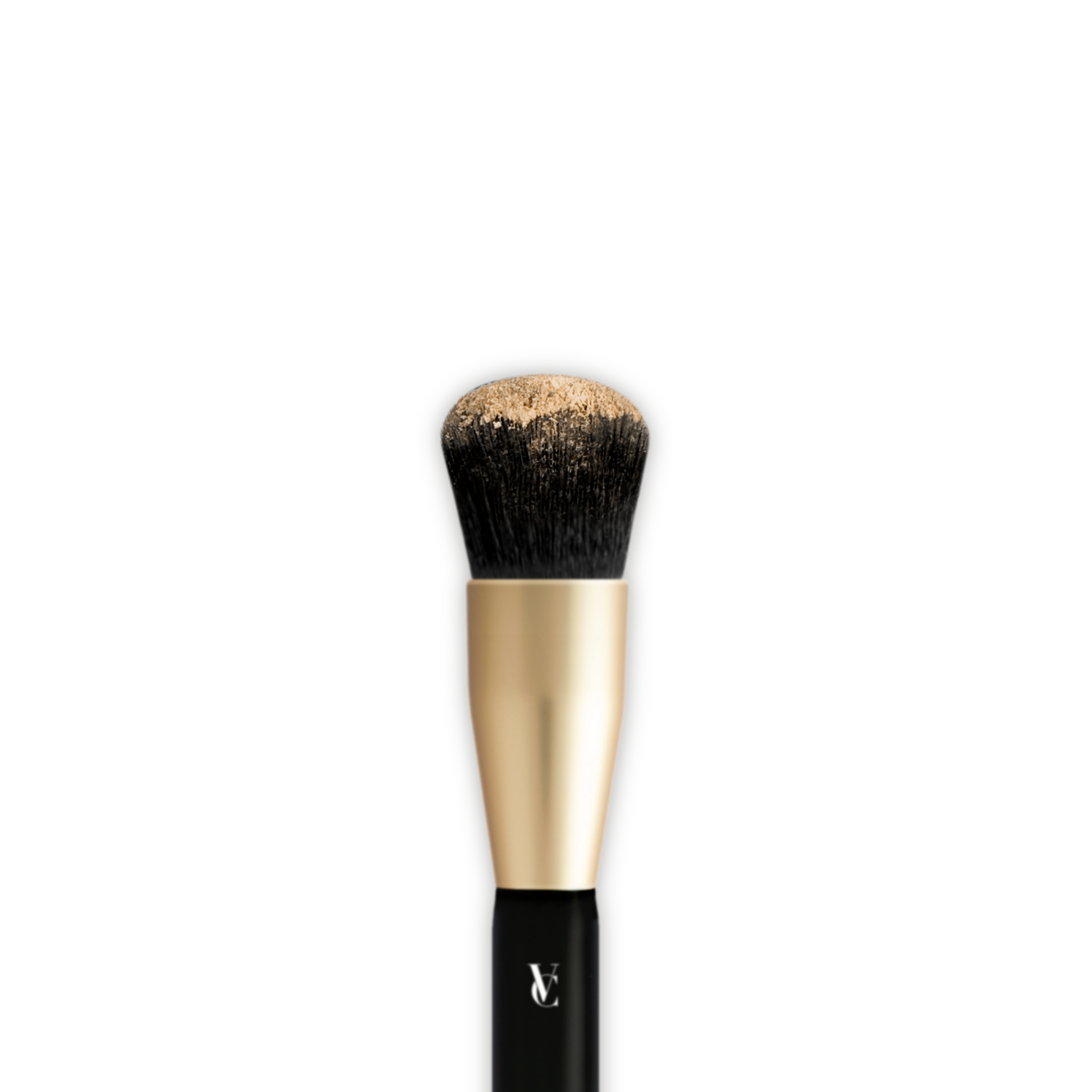
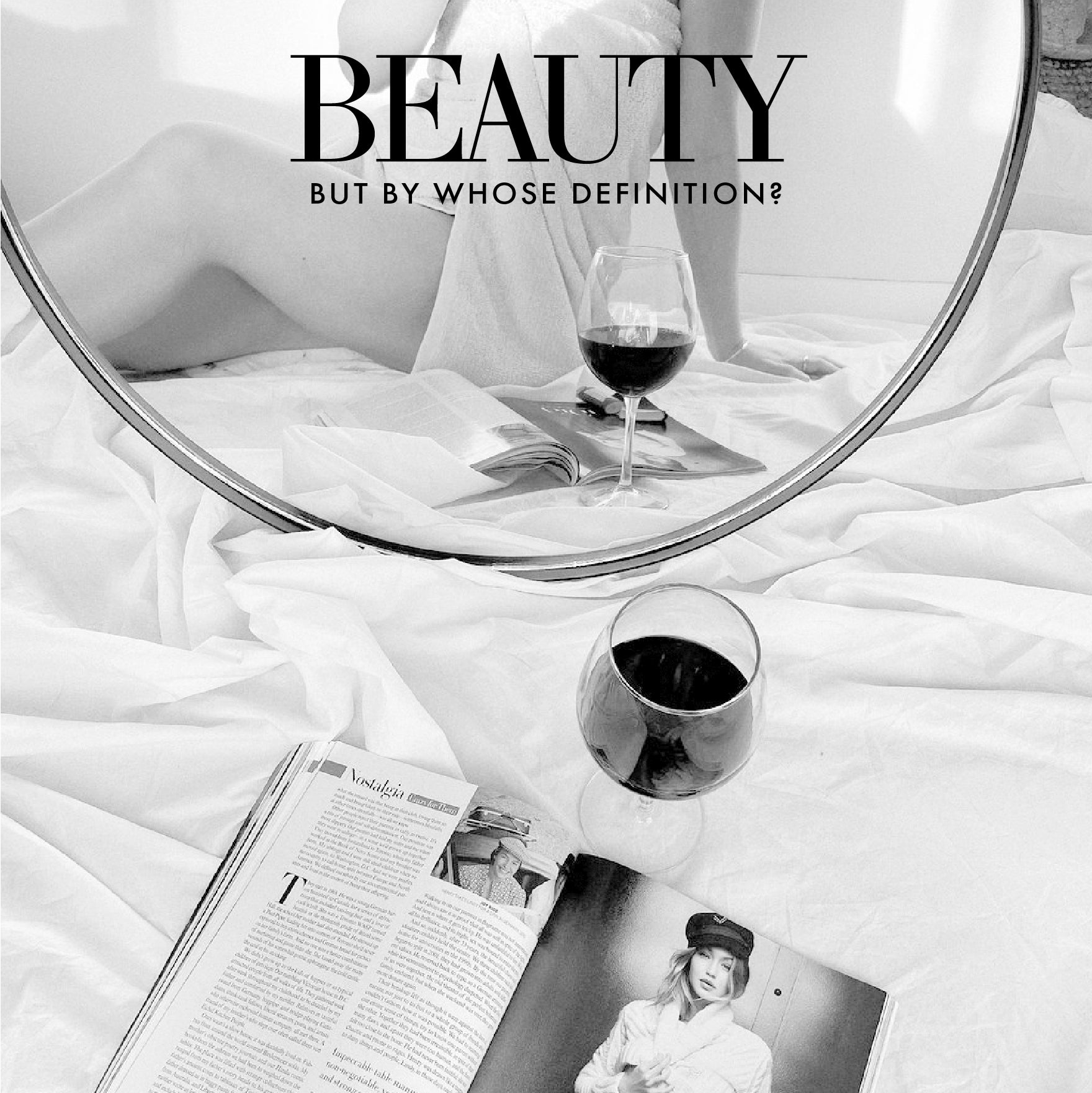

1 comment
As always…thank you for your research and sharing. Your integrity is such a blessing to us all.
Peggy Hays
Leave a comment
This site is protected by hCaptcha and the hCaptcha Privacy Policy and Terms of Service apply.